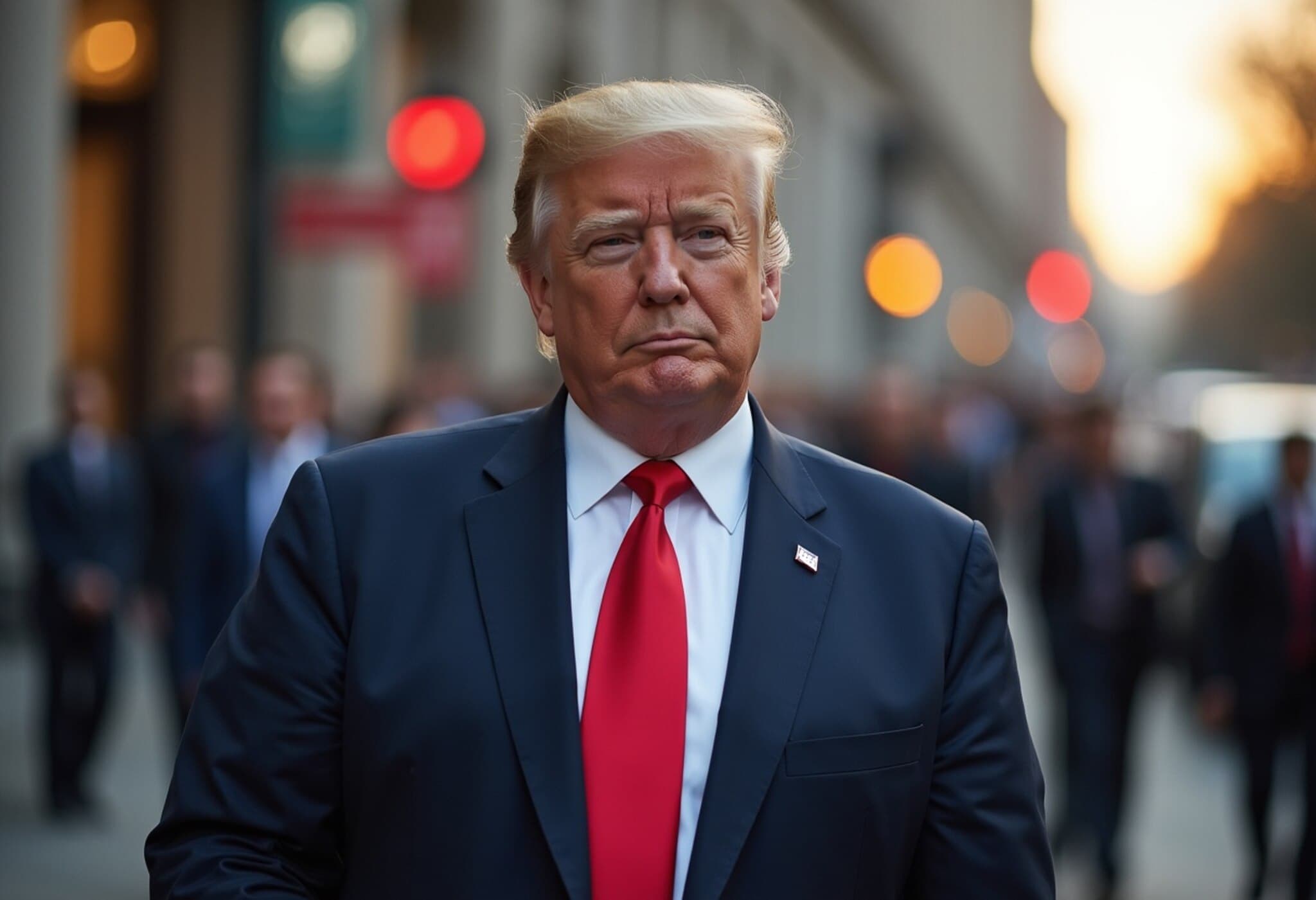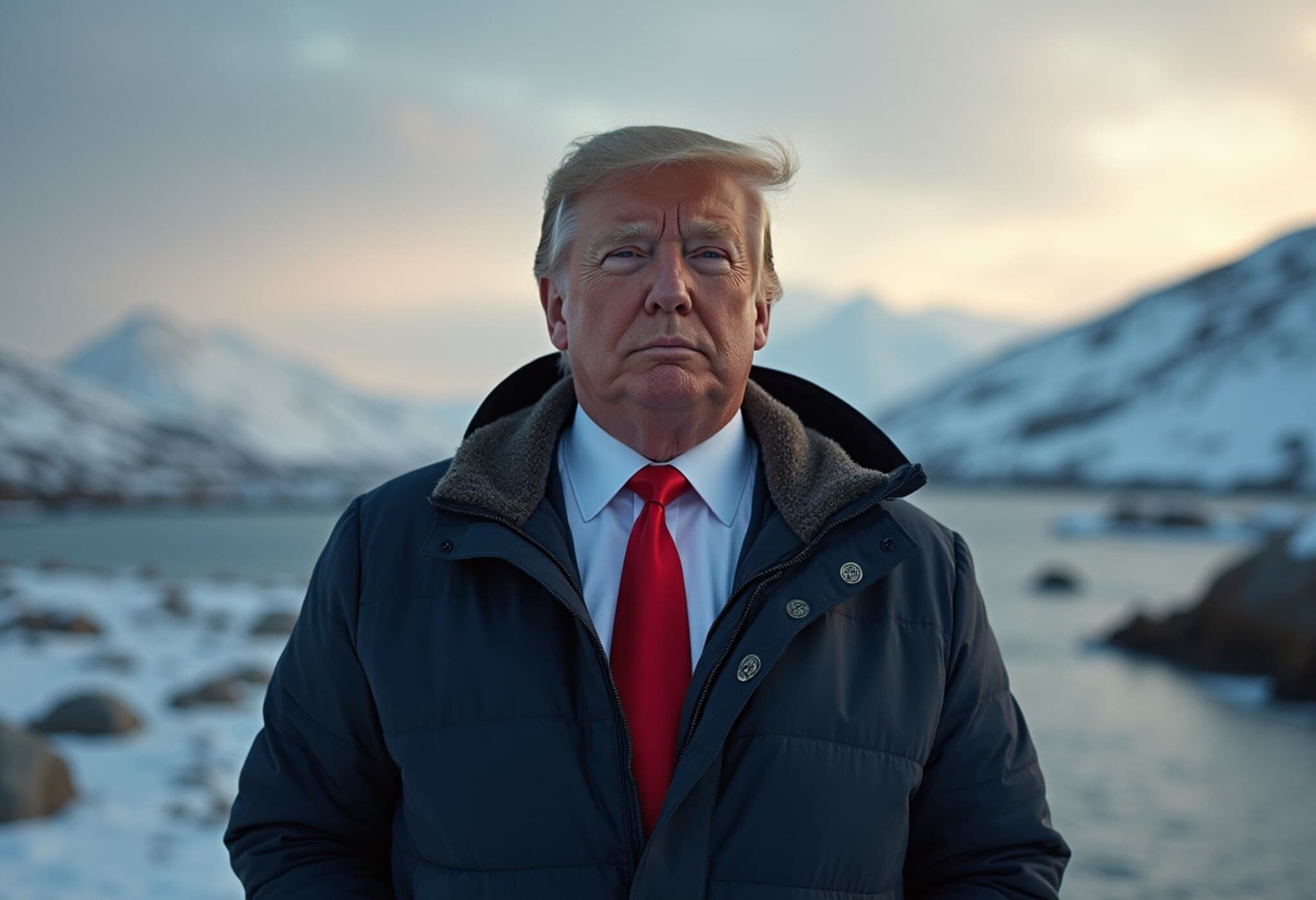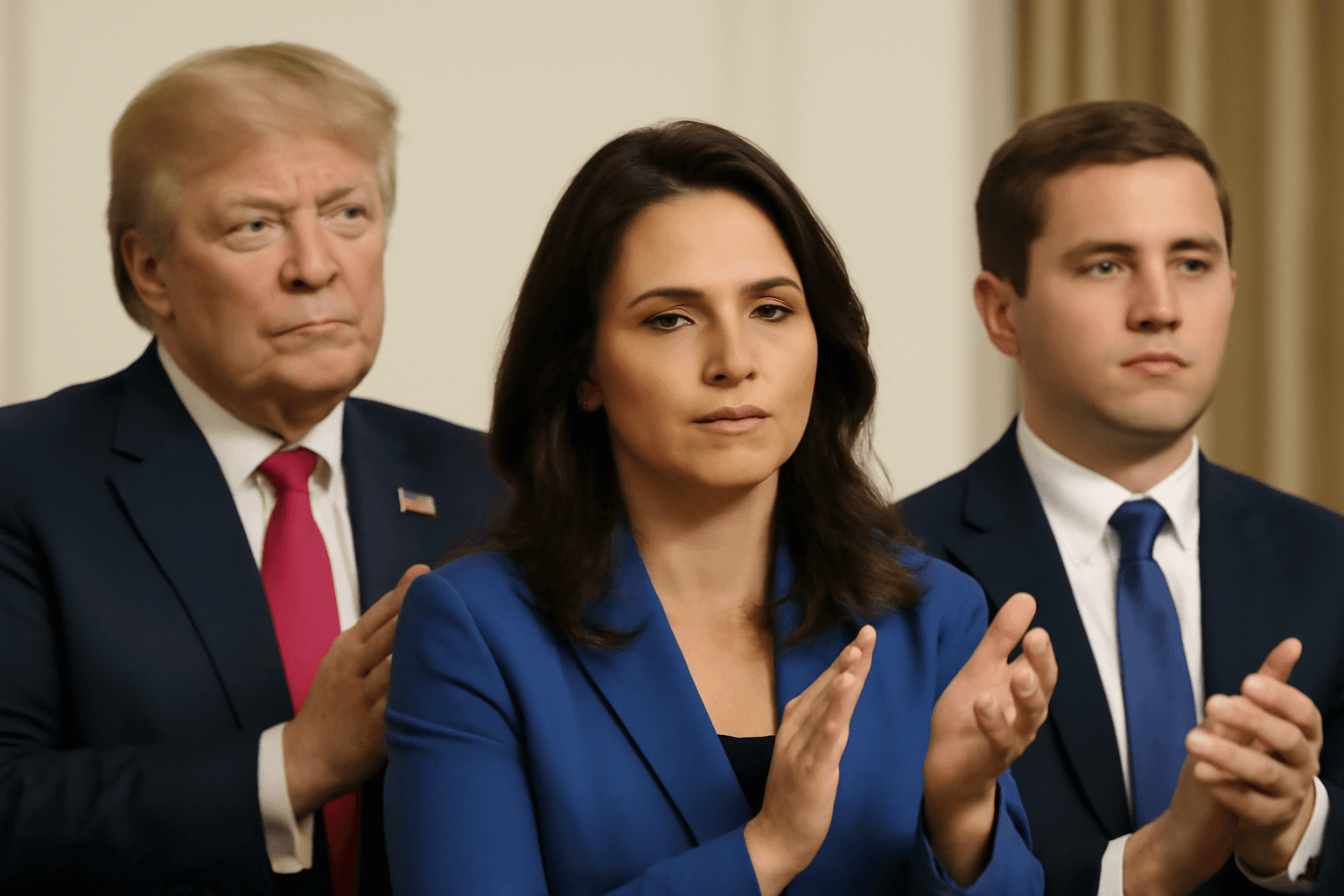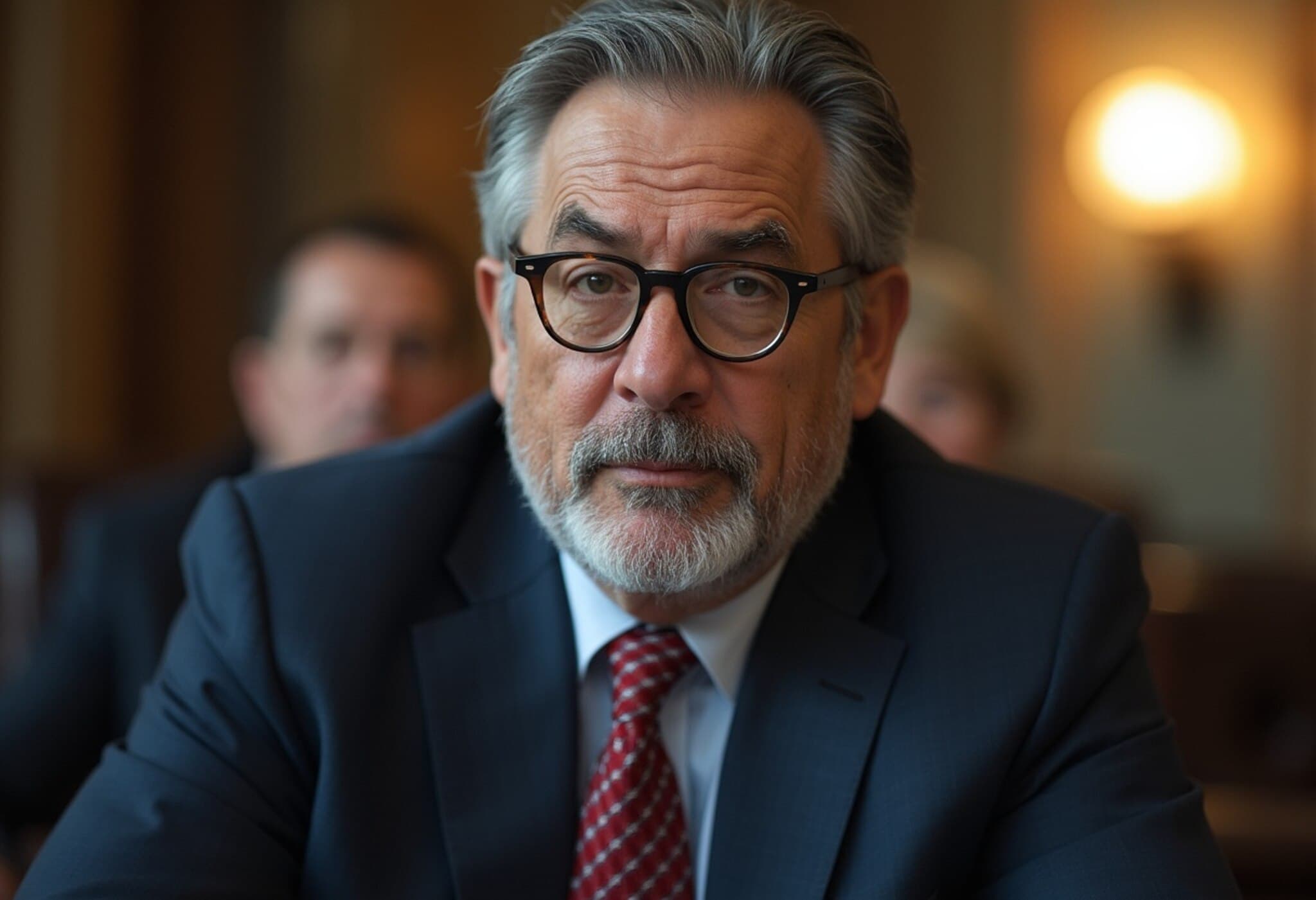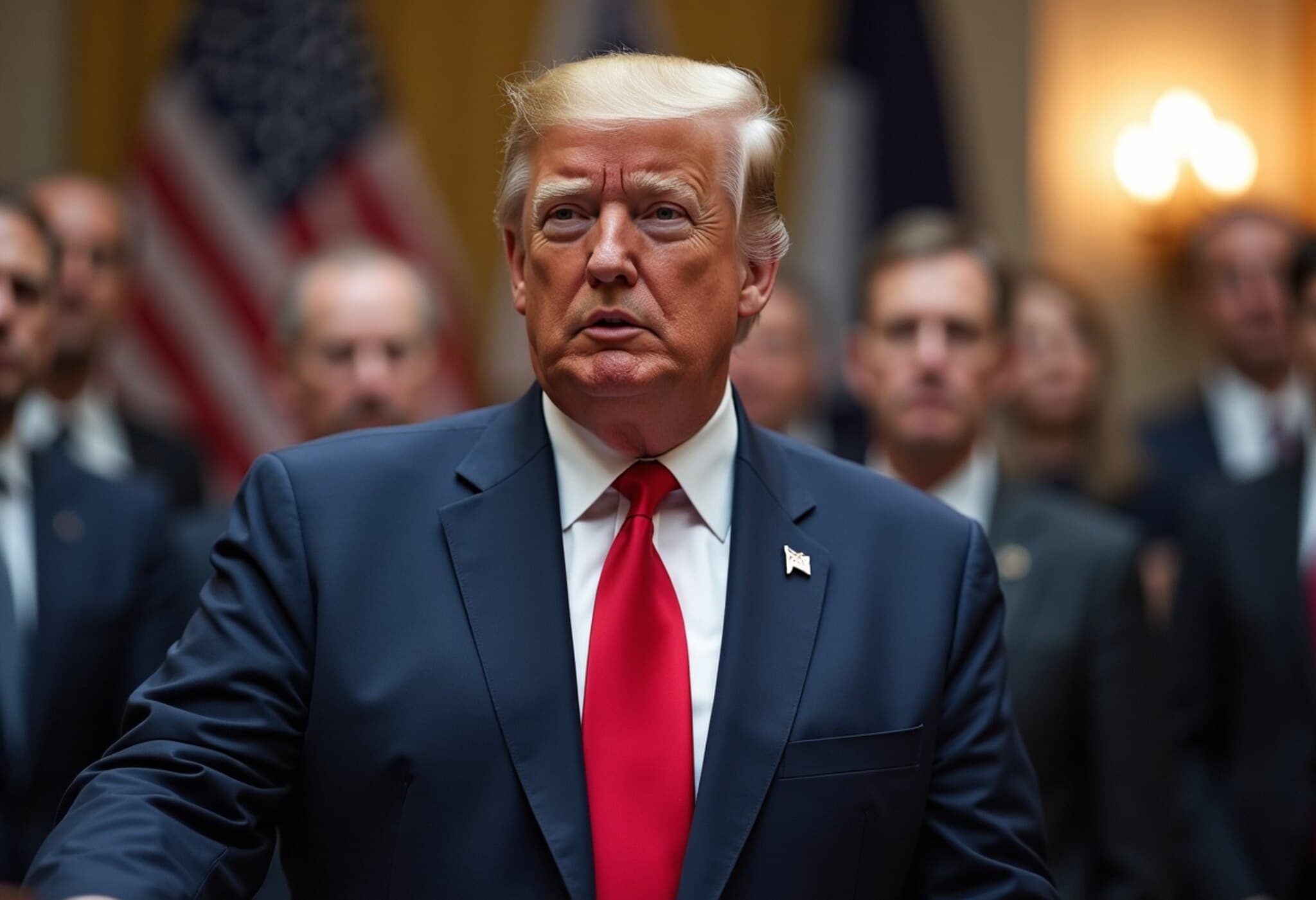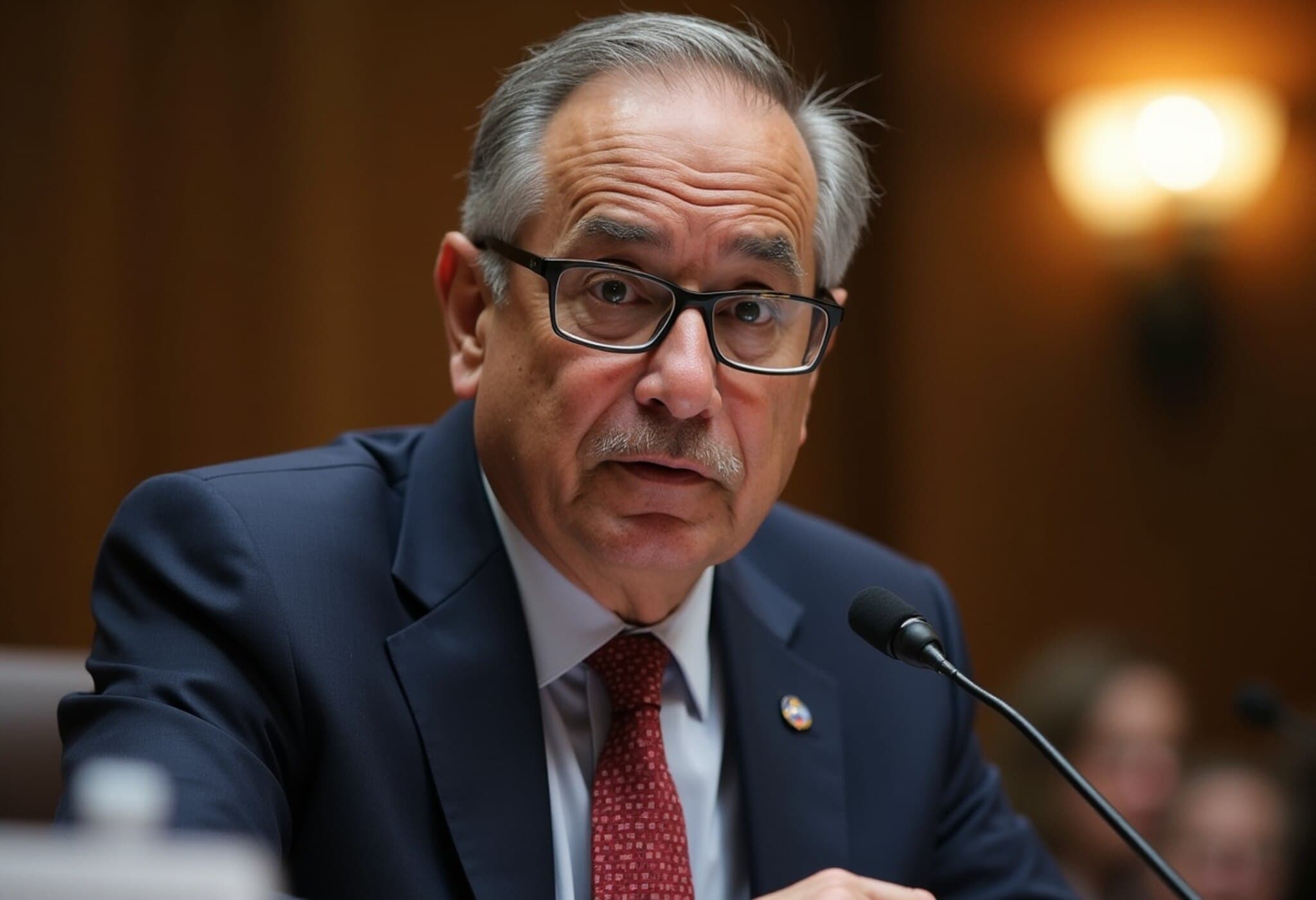US Senate Set to Vote on Trump’s Controversial Rescissions Package
As the US Senate approaches a critical vote deadline this Friday, lawmakers face a contentious decision on a rescissions package initiated by former President Donald Trump. The package aims to slash nearly $9 billion in previously approved federal spending, including foreign aid and public broadcasting funds. This move tests Trump's influence over GOP members and pits fiscal restraint advocates against critics concerned about essential program cuts.
Key Components and Recent Changes to the Rescissions Bill
Initially, the proposed rescissions sought to reclaim about $8.3 billion of foreign aid and $1.1 billion from public broadcasting budgets. However, the Office of Management and Budget, led by Russell Vought, recently announced the exclusion of funding cuts to PEPFAR (President’s Emergency Plan for AIDS Relief), a globally recognized HIV/AIDS assistance program. This adjustment brings the total proposed cuts down to approximately $9 billion from $9.4 billion.
Senate Majority Leader Senator John Thune of South Dakota expects procedural votes to commence Tuesday, noting some Republican senators are calling for amendments to the bill. The Senate must approve the package by Friday, or the rescission request will expire, mandating adherence to existing Congressional spending plans.
Legislative Process and Bipartisan Responses
The Senate’s decision to approve the package without the PEPFAR cuts means the bill will return to the House for a swift vote before heading to the president’s desk. Thune predicts rapid House action ahead.
While these figures represent a fraction of the comprehensive $6.8 trillion federal budget for the fiscal year ending September 30, 2025, the proposed clawbacks have ignited significant debate. Many Democrats and some Republicans view the cuts as a direct challenge to Congress’s constitutionally mandated power over federal spending.
Foreign aid funds targeted for reduction support vital programs such as maternal and child health initiatives alongside the global fight against HIV/AIDS—efforts historically backed by bipartisan consensus. Additionally, public broadcasting funds crucial for rural communities’ access to news and emergency information face cuts.
Voices from Capitol Hill: Concerns and Opposition
- Senator Charles Schumer (D-NY): Called the cuts “horrible” and detrimental to the American people’s well-being.
- Senator Susan Collins (R-ME): Opposed the removal of HIV/AIDS program funding, highlighting the need for continued support.
- Senator Patty Murray (D-WA): Warned that these partisan cuts undermine bipartisan negotiations required for fiscal year 2026 spending agreements and risk government shutdown.
President Trump has reportedly threatened to withhold endorsements from lawmakers opposing the rescissions without changes, putting additional pressure on GOP members in tight majorities across both chambers.
Historical Context: Rescissions and Congressional Authority
Presidential rescissions packages—requests to reduce prior Congressional spending approvals—rarely pass in contemporary politics. This reflects lawmakers’ protective stance over their constitutional appropriation powers. Under Trump’s first term in 2018, a similar attempt to revoke $15 billion in spending failed decisively.
Republican majorities remain narrow, and while most Republicans have so far remained aligned with Trump’s agenda, some express unease over specific cuts, particularly those undermining global health initiatives.
Broader Implications and What Lies Ahead
Public broadcasting cuts could disproportionately affect rural populations who depend on these services for information and emergency alerts, raising questions about equitable access to essential resources.
Critically, the strife over this rescissions package exemplifies a growing tension in Washington: balancing fiscal conservatism with the need to maintain America’s global partnerships and domestic support systems.
As the Senate vote looms, stakeholders—from advocacy groups to international health organizations—are watching closely, aware that the outcome will resonate beyond budget lines, influencing diplomatic relations and vulnerable communities worldwide.
What to Watch For
- Senate procedural votes starting Tuesday and expected final vote by Friday.
- Potential House response timing on the modified rescissions bill.
- Impact on negotiations for the upcoming federal fiscal year budget.
- Political ramifications within the Republican Party regarding Trump’s influence.
Editor’s Note
While the fiscal amounts in this rescissions package are modest in the grand context of the federal budget, the political and policy ramifications are anything but small. This scenario underscores the complexity of managing budget priorities amid internal party dynamics and ideological divides over America’s role in global health and information equity. As lawmakers deliberate, the broader question remains: how will Congress balance stewardship of taxpayer money with commitments to human welfare and international leadership? The coming votes may set precedents for future governance challenges and hint at evolving Republican Party cohesion in the post-Trump era.

